ORIGINAL RESEARCH
Published on 14 Sep 2022
Assessment of the nocturnal boundary layer height based on long-term atmospheric radon measurements
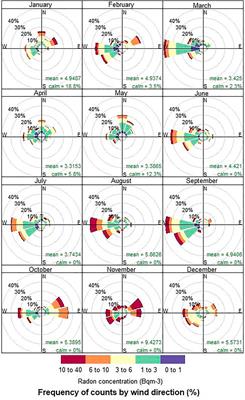
doi 10.3389/feart.2022.955791
- 911 views
- 5 citations
3,095
Total downloads
17k
Total views and downloads
Select the journal/section where you want your idea to be submitted:
ORIGINAL RESEARCH
Published on 14 Sep 2022

MINI REVIEW
Published on 13 Jul 2022
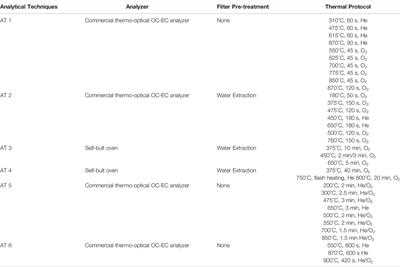
ORIGINAL RESEARCH
Published on 28 Jun 2022
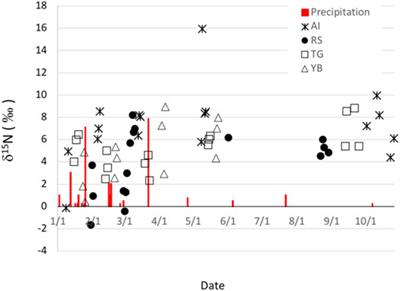
ORIGINAL RESEARCH
Published on 17 Jan 2022
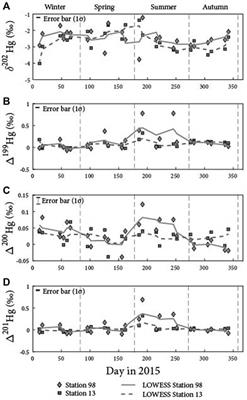
ORIGINAL RESEARCH
Published on 23 Jun 2021
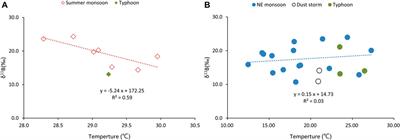
ORIGINAL RESEARCH
Published on 25 Mar 2021


Frontiers in Earth Science
Frontiers in Environmental Chemistry